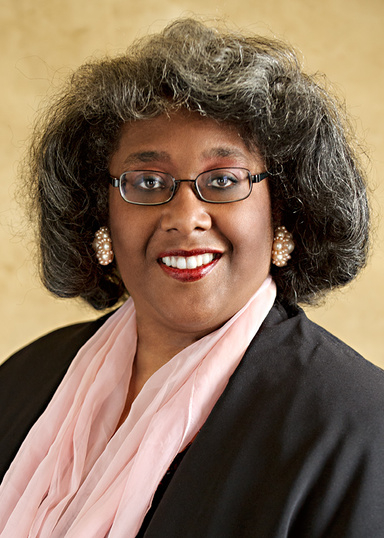Many colleges and departments at the University of Iowa are making a concerted effort to improve their work environments based on results from the Working at Iowa survey, a biennial questionnaire to all staff and faculty.
University Human Resources, which conducts the survey and disseminates results, encourages those campus units to share the results with their staff and faculty, discuss possible areas of improvement, and build action plans.
The UI College of Nursing has recently seen statistical evidence that shows their efforts toward improving their work environment are paying off. In 2012, the college’s agreement with question 13 of the Working at Iowa survey was 78 percent, seven points below the university’s overall agreement of 85 percent. The question asks faculty and staff how much they agree with the statement “Individuals in my unit are civil and respectful to each other.”
The results of the 2016 survey showed that figure rise by 10 points to 88 percent agreement, one percent higher than the university’s overall agreement.
Thad Wilson, interim dean of the College of Nursing, attributes the improvement to several retreats and professional development sessions that began in 2014 and focused on better understanding and communication between colleagues.

“I think a work environment that is successful is one where people are respectful of each other and believe that they can speak their mind in a very civil manner without any retribution,” says Wilson.
With almost one in four employees at the College of Nursing disagreeing with the “civil and respectful” question in 2012, the college decided to conduct a more detailed survey to better understand the issue.
Teresa Kulper, director of organizational effectiveness in University HR, says this is a common approach.
“We recommend that units assemble groups to dig deeper into what people might be feeling and make recommendations to leadership on how to move forward,” says Kulper. “These groups may already exist as part of the unit’s shared governance, and often they recommend improving communication, recognizing special employee efforts, and hosting events or seminars.”
The College of Nursing’s Faculty Council requested recommendations for improving the work environment from the college’s Diversity Committee, co-chaired by Valerie Garr, diversity coordinator. Under Garr’s leadership, the committee had already assembled the college’s Pillars of Diversity, seven values in support of diversity and fostering inclusiveness, academic excellence, collegiality, and student success.

The committee recommended a series of sessions and retreats using the seven pillars as a thematic foundation for developing understanding and improved communication.
“Nothing good can come out of this place if we don’t show respect and civility toward one another and value what everyone here brings to the table,” says Garr. “Not everyone can be the best at everything, but everyone has something they can contribute, big or small.”
From the fall of 2014 to the of fall 2016, the Diversity Committee coordinated sessions during the college’s annual retreats and offered programming throughout the year. The retreats included a session using StrengthsQuest, an online tool that evaluates a participant’s various strengths; a session about communication across status and culture; and a session that asked the college to reflect on its Intercultural Development Inventory, an assessment tool designed to measure intercultural competencies.
“These sessions helped us understand a little bit more about how people see the world differently and therefore how we might want to interact differently,” says Wilson.
Other professional development sessions addressing topics such as microaggressions, implicit bias, and safe zone training were coordinated to expand and reinforce learning from the retreats.
Aside from the improved Working at Iowa responses, Wilson and Garr say the effect of these retreats has been seen in many small changes, such as more people eating lunch together in the breakroom and posting their StrengthsQuest assessments on their office doors.
“When I first came here and I would wander around the floors, there would be a lot of people working with their door shut,” says Wilson. “Now I wander around, and that’s very rare. Most people now have their door propped open.”
With the College of Nursing searching for a new dean, Garr says she hopes the new leadership will value the role that diversity can play in developing relationships that support the college and provide an excellent education to the next generation of nurses.
“I think the sessions got us all thinking a little more positively about each other and our contributions,” says Garr. “It is this ‘invisible work’ that people do on a daily basis that has much power and sustainability behind it to keep our college moving in the right direction regarding diversity and inclusiveness.”